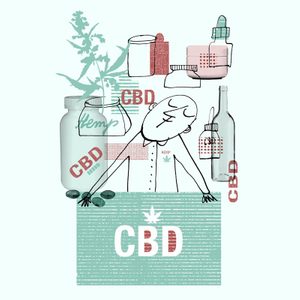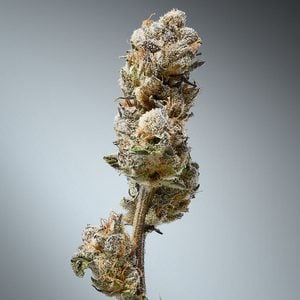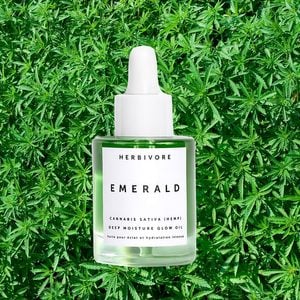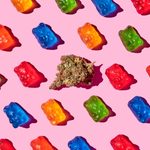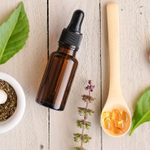What You Need to Know About Cannabis Edibles
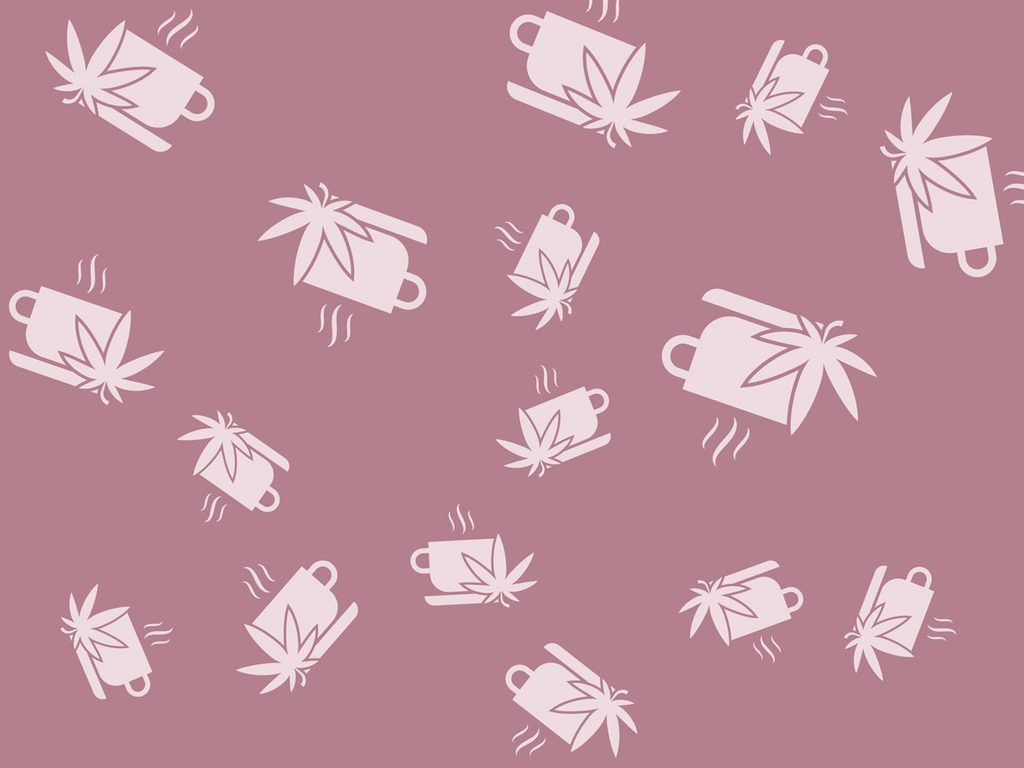
Here's what cannabis experts and users have to say about the benefits of edibles.
In my early 20s, I went to Amsterdam with a friend, and we did what seems to be on every tourist’s bucket list: indulge in space cake, which is really just a high-dose cannabis-infused baked good. We didn’t know how much we should eat or how long we should wait to feel the effects before taking another bite, but we went ahead and devoured an entire muffin of space cake…each.
When the edible finally kicked in, we were sitting in Vondelpark, the largest city park in Amsterdam, surrounded by hundreds of people. We began to feel paranoid of everyone around us, and our bodies started to feel heavy and numb. We thought it would be smart to head back to our hostel. “We are not okay! This is not okay!” is all we could say as we struggled to hold each other up.
After safely returning back to our 15-person hostel room, we spent the rest of our night lying side-by-side in bed, severely dry-mouthed, eyes wide, and unable to move. While my friend was in more of a happy-high state and constantly laughing, I was stuck in a vortex of paranoia, hearing and seeing things that my friend clearly was not. It was a mental state that lasted well into the next day.
My first experience with a cannabis edible was scarring—but it doesn’t have to be, and it shouldn’t be, if you’re more educated on cannabis.
The edible experience tends to differ from that of other cannabis products.
According to the Government of Canada, cannabis edibles can take effect anywhere between half an hour to four hours. “People might [think] nothing is happening, end up taking way too much and develop some sort of anxiety/fear-based response or acute psychosis,” says Ruth Ross, a pharmacology and toxicology professor and cannabis researcher at the University of Toronto.
Ross isn’t surprised about my experience in Amsterdam as “scarring.” She alludes to what I experienced as acute psychosis. Essentially, a really high dose of Tetrahydrocannabinol (THC), the cannabis plant’s psychoactive compound that gets people high, can cause dissociation from reality. “While the THC is in their system, people lose the ability to decipher what’s real and what isn’t,” says Ross. This can result in auditory hallucinations, visual hallucinations or delusions, according to the Canadian Mental Health Association. It can be a really frightening experience, but it doesn’t happen to everyone.
The problem with acute psychosis is that people can potentially harm themselves. “It’s not something to be ignored,” she says. “If people are with a friend who develops anything like that, they should never leave them on their own.” Although these symptoms would normally go away when THC leaves the system, a very small percentage of people with a genetic vulnerability are at risk for developing a psychosis that might be a more long-term illness, she says. That’s why it’s important to start low and go slow when trying any cannabis product to minimize the risk of overconsumption.
Importance of education
While edibles are now legal in Canada, education is still important. “The number one thing people should educate themselves on is the legal channels to buy cannabis,” says Adine Fabiani-Carter, chief marketing officer at High Park Company. By doing so, you can trust that the total amount of THC and CBD (cannabidiol, the cannabis plant’s non-psychoactive compound) that’s stated on the package of the product is actually what’s inside.
“Every product from the Ontario Cannabis Store legally has to state the exact potency of THC and CBD on the front of the package,” says Fabiani-Carter. “There is a 10 milligram THC limit on all edibles that are sold to the consumer in the legal market in Canada. So, if you purchase a product that’s over the legal limit, it’s an easy way to know you’re not buying from a legal source.
But, there isn’t any specific dose that’s considered high and dangerous or low and safe. There isn’t enough data to look into the long-term effects of higher doses of THC, says Ross.
Although the health effects of THC are fairly well documented, how an individual’s brain and body react to it depends merely on the frequency of use, dose, age, medical conditions, and genetics. “There are very few things that are beneficial for everything,” says Ross. “You can’t have something that’s both a medicine, works for every single health condition, and is always 100 percent safe.”
Gaining popularity in the wellness sector
Hundreds of thousands of millions of people are using cannabis—especially higher doses of CBD with no or very little THC—in their everyday wellness routine. “It’s kind of frustrating to have blanket statements of these wellness benefits of CBD and THC with no sense that there might be certain safety concerns under certain circumstances that people should be aware of,” says Ross.
Primarily for CBD, the health benefits are unknown. “From my perspective as a scientist, there’s very little data to strongly support a lot of the health claims that are made,” she says. Now that doesn’t mean CBD doesn’t have therapeutic benefits, such as relieving anxiety, pain, or reducing inflammation, it just means that the science hasn’t been done yet to confirm. “People do individually find that they experience benefits from CBD, and that’s important,” she says. “It would just be nice to know scientifically, what CBD is beneficial for, what dose people should be using, and whether there are any long-term concerns we don’t know about yet.”
Experience with cannabis edibles
Many Canadians sing the praises of cannabis edibles, including professional women who feel it helps them perform better at work. Andrea Anders, senior vice president at Pomp & Circumstance PR, uses a high-CBD edible as a sleep aid for insomnia. “If I have a big meeting or presentation the next day, I typically will not sleep a wink on those nights,” she says. To counteract that anxiety and get a good night’s rest, Anders likes to have one square of Chowie Wowie‘s CBD chocolate after dinner.
“If you suffer from insomnia, it’s important to be mindful of when you want to be sleeping and what your wind-down patterns are before bed,” she says. “Whether it’s reading a book, having a bath, watching an episode or doing a meditation app, it’s important to base your time around that so as you’re going to bed, it’s already been in your system for a bit.”
Besides having less-disrupted sleep, Anders has noticed other benefits of cannabis edibles. “I’m in a better mood, I make less mistakes at work, I’m more positive, I have more energy, and I’m more active because I’m not tired,” she says. “It’s made a big difference in my overall health, and that itself has been really transformative.”
Michelle Bilodeau, a Toronto-based freelance journalist, also incorporates cannabis edibles into her wellness routine. Rather than purchasing edibles from the legal market, she grows her own cannabis and makes cannabis-infused cookies. “For me, it’s about strain,” she says. “The strain that I grow—a high-THC sativa, which produces an energizing, anxiety-reducing effect—I know works for me.”
As a wife and mother of her three-year-old daughter, Bilodeau is also working on a book as a co-author, hosting a podcast, and in school part-time studying to become a psychotherapist. “I feel like my brain is all over the place right now,” she says. “What cannabis allows me to do is kind of just have one track in my head instead of five or six.”
Interested in trying cannabis edibles?
Do self-guided research, be knowledgeable on the information you’re getting, and ask lots of questions. And of course, it’s best to speak with your health care provider before consuming cannabis, especially if you’re taking other medication.
Below, we’ve rounded up some of the best cannabis edibles available in Canada to check out.
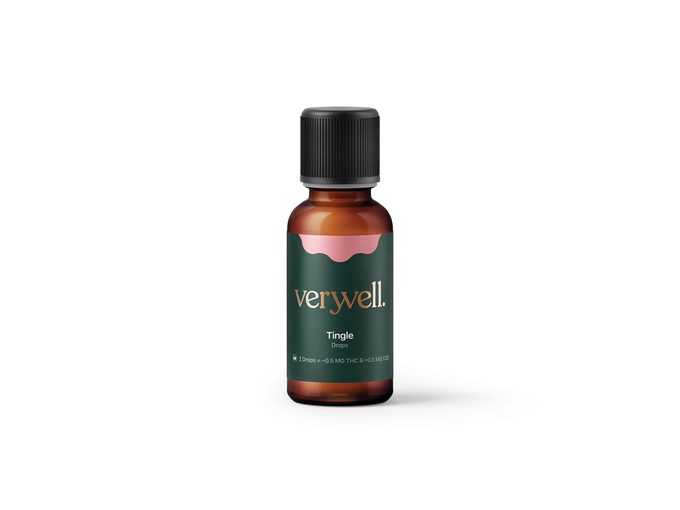
Add a controlled dose to your beverage of choice
Veryvell’s Drops feature a built-in dosing cap to give you a consistent and controlled cannabis experience. Each formula is designed with a precise dose of 1 milligram per two drops to make every use as reliable as possible.
Veryvell Tingle Drops, $64.95, ocs.ca
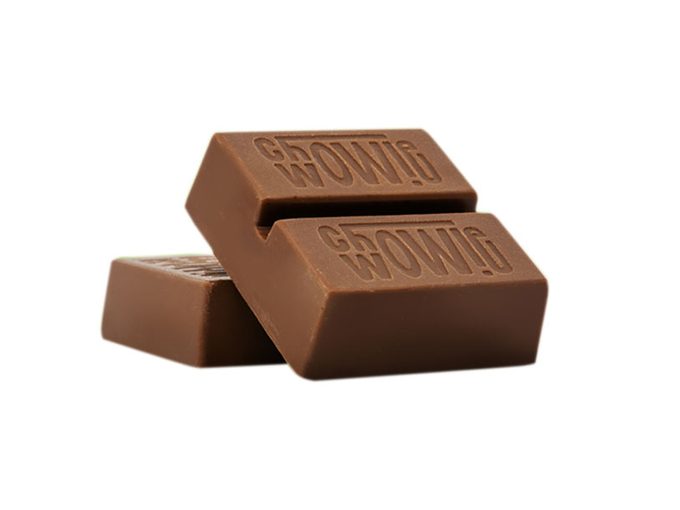
Elevated chocolate
For a fun, safe and tasty edible, Chowie Wowie’s chocolates come in a THC, balance of CBD/THC, as well as a pure CBD formula. Quick tip: If you’re new to edibles, start with one square.
Chowie Wowie THC Solid Milk Chocolate, $7.20 per pack, ocs.ca
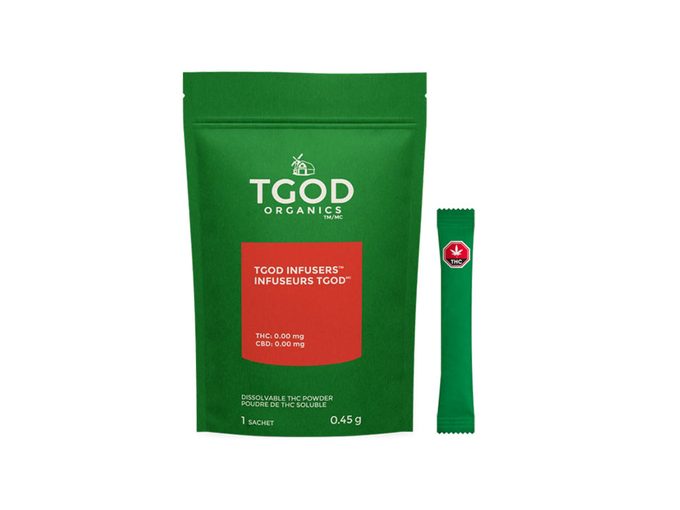
An easy way to infuse any food or beverage
This brand is all about convenience. Not only is this product odourless, flavourless and calorie-free, but each sachet contains a precise portion of 10 milligrams of THC.
The Green Organic Dutchman THC Infusers, $7.80 (per sachet), ocs.ca
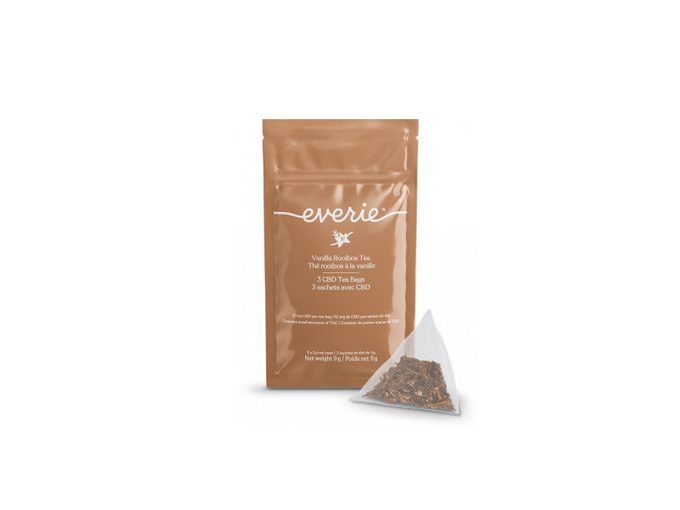
A cup of tea to unwind
Everie’s Vanilla Rooibos Tea blend contains 10 milligrams of CBD and a small amount of THC to help you wind down before bed. Just remember to let it brew for a few minutes.
Everie Vanilla Rooibos Tea, $18.95 (pack of 3), ocs.ca
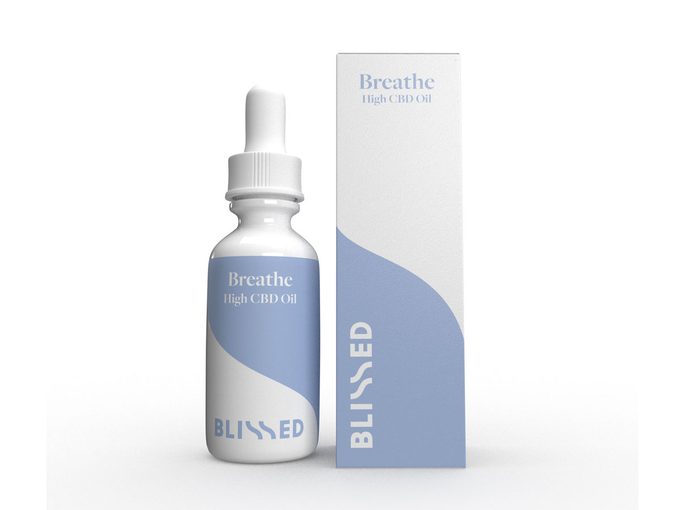
A moment of peace
When it comes to cooking with cannabis, Blissed’s high-CBD oil can add a subtle hint of calm to any dish.
Visit the Ontario Cannabis Store’s website to learn how to make your own edibles with premade cannabis oil.
Blissed Breathe Oil, $75.50, ocs.ca
